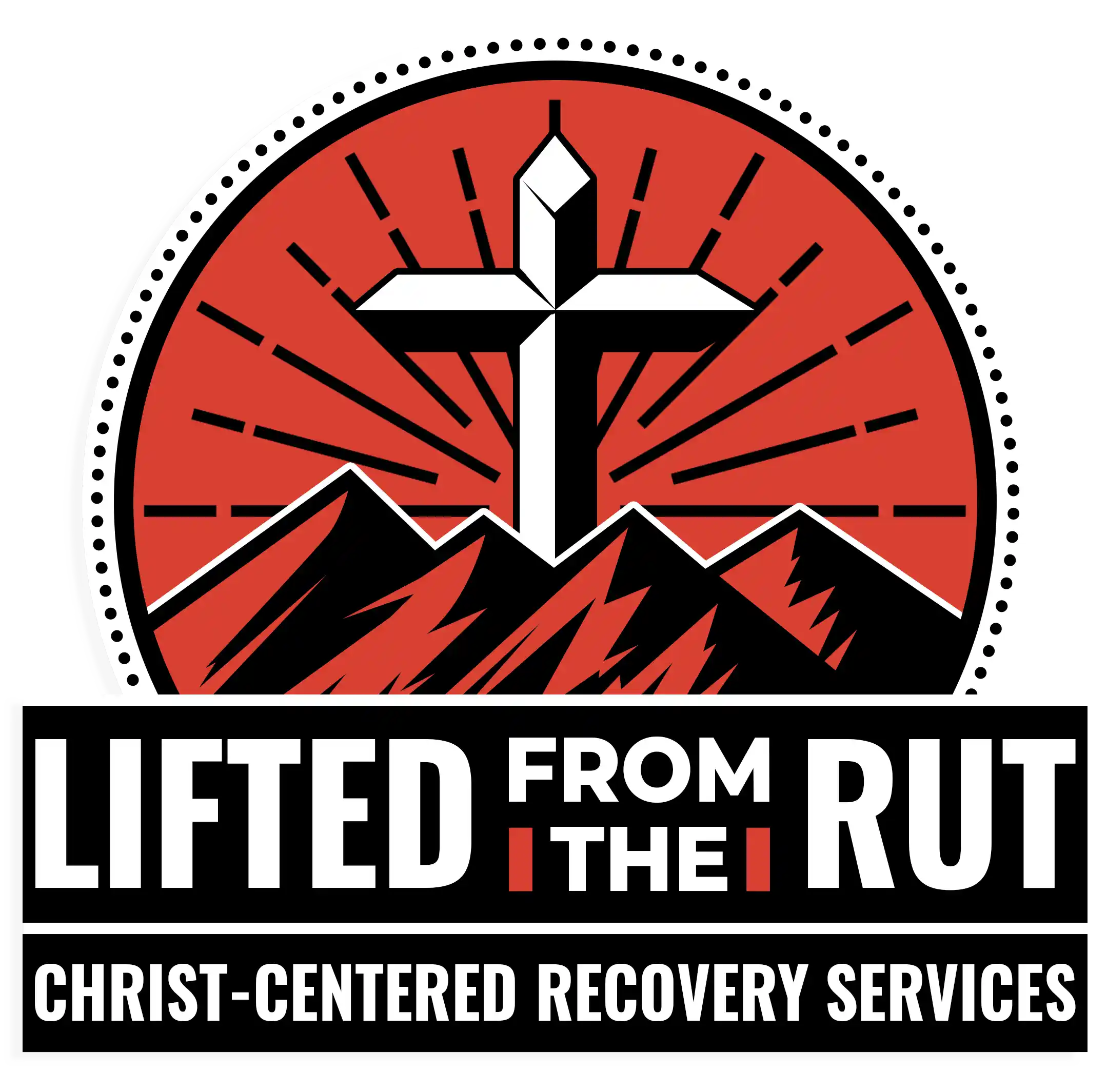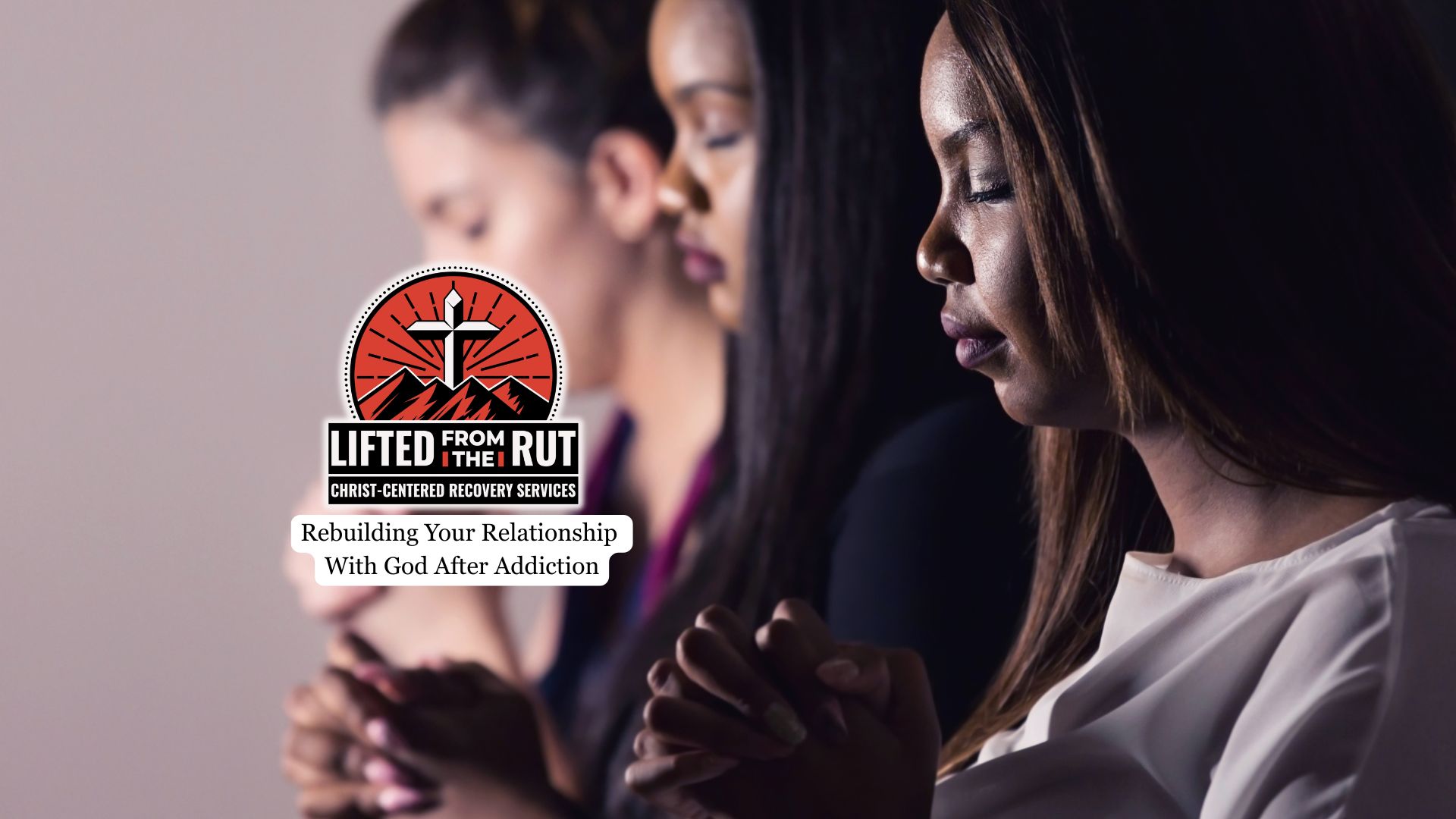Addiction profoundly affects many aspects of a person’s life, including their spiritual well-being and relationship with God. The journey through addiction often leads to feelings of disconnection, isolation, and a loss of purpose, leaving a deep spiritual void. Recovery offers a pathway not only to physical and emotional healing but also to rebuilding and strengthening one’s relationship with God.
In this article, we will explore how addiction impacts spirituality, examine the vital role faith can play in recovery, outline practical steps for reconnecting with God, and discuss how overcoming challenges on this spiritual journey can lead to renewed hope, purpose, and resilience.
Understanding the Spiritual Void Caused by Addiction
Addiction often creates a deep spiritual void, as the addiction itself can take the place of God or meaningful beliefs. Instead of turning to God for comfort and guidance, individuals may seek temporary relief in substances or compulsive behaviors, which only lead to deeper emptiness and alienation. Recognizing one’s powerlessness is often a pivotal moment: it reveals the need for a greater sense of purpose and restarts the longing for a restored relationship with God. This realization lays the groundwork for hope and spiritual renewal.
Because addiction deeply affects both the spirit and the mind, it’s essential to seek help from professionals who understand this dual struggle. Faith-based rehabs provide specialized care that combines clinical expertise with spiritual guidance. These centers help individuals address the root causes of addiction while nurturing their faith, offering a supportive environment where healing can take place on both emotional and spiritual levels.
The Role of Faith in Addiction Recovery
Faith serves as a cornerstone that supports recovery beyond just abstinence from substances. It provides a steadfast foundation amid life’s challenges and emotional turmoil by offering meaning, hope, and strength. Turning one’s life over to God invites divine guidance and power, which can help sustain sobriety and gradual healing.
Making God the center of one’s life realigns all other relationships and priorities, fostering deeper love and genuine connection to others. Spirituality and faith have been shown to improve emotional well-being, increase resilience against stress, and enhance coping abilities during recovery. Many report that spirituality strengthens their resolve, reduces relapse risk, and helps maintain positive lifestyle changes.
Steps to Rebuild Your Relationship with God
Re-establishing a relationship with God after addiction involves intentional steps that nurture spiritual growth and healing:
- Acknowledging Powerlessness and Seeking Help: Humility in admitting addiction’s control opens the heart to God’s help.
- Opening Communication Through Prayer: Prayer allows for an honest and ongoing dialogue with God, fostering peace and connection.
- Facing Guilt, Shame, and Past Hurts with God’s Grace: Embracing forgiveness frees individuals to move beyond regrets toward restoration.
- Engaging in Thoughtful Reflection and Spiritual Practices: Reading scripture, meditation, mindfulness exercises, or participating in faith communities nurture spiritual development and support.
- Embracing Vulnerability and God’s Presence in Troubling Times: Trusting God’s guidance during struggles builds deeper faith and inner strength.
These steps promote renewal by gradually restoring trust, hope, and a sense of purpose rooted in God’s love and grace.

Overcoming Challenges in the Spiritual Journey
Addiction recovery often brings difficult emotions, unresolved trauma, and the sober confrontation of life realities. These challenges can trigger feelings of doubt, fear, or unworthiness. However, faith invites individuals to lean into God’s constancy as a “rock” amid uncertainty.
Strengthening self-identity through understanding one’s worth in God’s eyes counters the negative self-image left by addiction. Setbacks are seen not as failure but as opportunities to deepen reliance on divine strength and forgiveness. Persistent spiritual practice and community support help sustain momentum through challenges toward lasting transformation.
The Impact of Rebuilding This Relationship
Reconnecting with God restores hope and inner peace, providing a solid foundation for self-worth and purpose. This renewed relationship equips individuals with resilience to resist relapse and navigate temptations by anchoring them in faith.
Faith-centered recovery also positively affects interpersonal relationships, repairing trust and fostering unity through shared spiritual values. Ultimately, rebuilding the relationship with God transforms lives by guiding individuals into the fullness of healing and restoring a sense of divine belonging and empowerment.
Resources and Support Systems
For those seeking to nurture their spiritual recovery, various resources are available:
- Christian-focused rehab centers and outpatient programs that integrate faith and addiction treatment.
- Spiritual counseling and therapists experienced in addiction and faith-based approaches.
- Faith communities and recovery groups such as 12-step programs that emphasize spirituality.
- Personal spiritual practices like prayer, meditation, and gratitude journaling to foster daily connection with God.
Ongoing involvement in these supportive environments provides encouragement and accountability essential for sustained spiritual growth and sobriety.
Final Thoughts from LFTR Christ-Centered Rehab Services
Rebuilding your relationship with God after addiction is a journey marked by hope, humility, and renewal. God meets each person where they are, offering love and restoration without condition. By embracing faith, seeking support, and committing to spiritual growth, individuals emerge from addiction with a new sense of purpose and a lasting connection to the divine.
At LFTR Christ-Centered Rehab Services, we offer comprehensive, faith-based addiction treatment focused on restoring hope, healing, and relationships for individuals and families impacted by addiction. Based in Littleton, Colorado, our services include pre-intervention planning with loved ones, customized treatment strategies, safe transportation to rehab facilities, structured family coaching, and ongoing support through post-treatment recovery coaching and aftercare planning.





